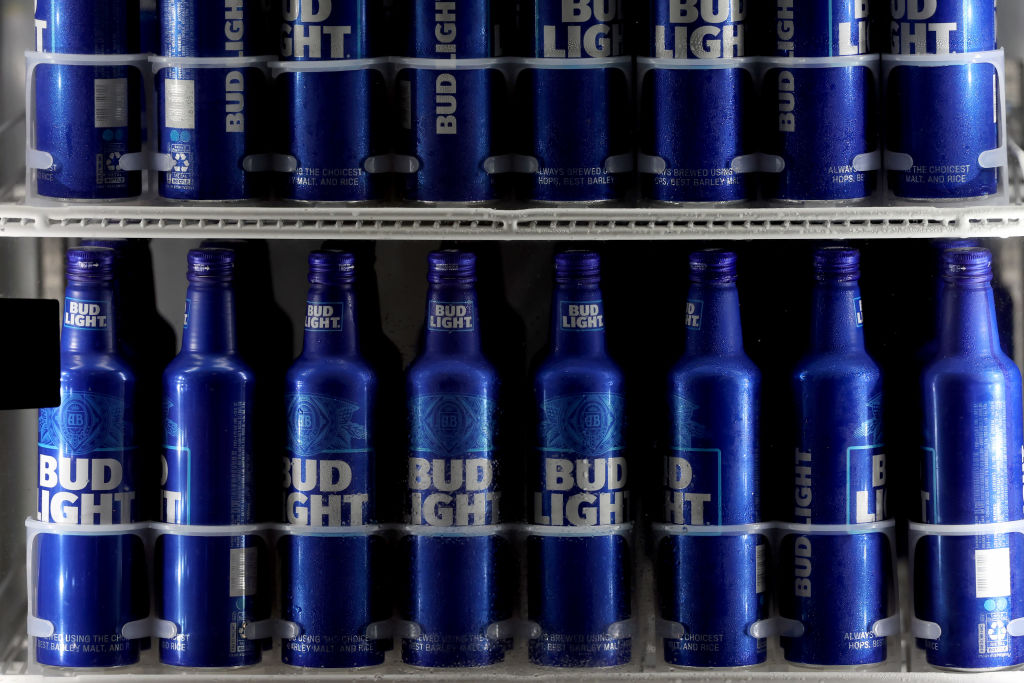Bud Light’s sales were down significantly for the Fourth of July earlier this month compared to last year during one of the biggest beer-drinking weekends of the year, according to the latest data available about the embattled brand.
The numbers tell the story of an organic boycott that is showing little if no signs of slowing down.
In the beer industry, and specifically for Anheuser-Busch, there are three major holidays that company executives prepare for: Memorial Day, Independence Day and Labor Day.
I say this as a former employee of the company which up until early April represented blue-collar work, humor, relaxation and Americana — and not the left’s gender agenda.
But the company enlisted the services of transgender social media influencer Dylan Mulvaney to seek a new demographic and the rest is history.
View this post on Instagram
Bud Light has been toppled by Modelo as America’s most popular beer while the company in some instances can’t give away the cases to people who are tired of having political and social agendas pushed on them.
For the week ending on July 8, many Americans celebrated their independence from Bud Light by choosing to drink other brands.
The New York Post, citing information from Bump Williams Consulting, reported Sales of Bud Light fell by 23.6 percent during the one-week period ending on July 8 compared to the same period last year.
Meanwhile, Coors Light experienced a significant increase in sales as numbers soared by 30.2 percent during the same week.
Sales of Miller Lite also jumped 25.3 percent during the holiday weekend.
Mexico’s Modelo Especial, which is now the king of beers in the U.S., saw an increase in sales of 20.7 percent.
Bud Light’s decision to partner with Mulvaney put off so many decent people that even Budweiser’s sales were down 6.6 percent during the week ending July 8.
The only potential bright spot for Bud Light was that its losses for the holiday week were less than in previous weeks.
Sales were down 23.6 during the week of July 4 percent as opposed to the two weeks prior, where the brewer saw sales decline 28.5 percent and 27.9 percent, respectively.
That information could be a sign that the boycott is letting up or it could be a sign that the demand for beer for the week was so high that people who are not boycotting Bud Light simply bought more of it.
We will know soon enough whether the brand is making a comeback or not.
Given the fact that millions of good people now view Bud Light as a punchline, it appears doubtful the company will ever retain its former crown as the “king” of beers.
Anheuser-Busch abdicated the throne when it courted a man in a dress and tried to tell its former customer base that the man was a woman.
This article appeared originally on The Western Journal.

























 Continue with Google
Continue with Google